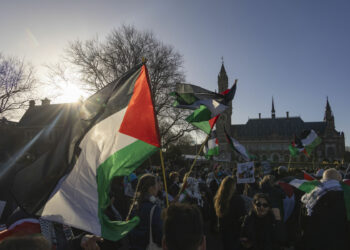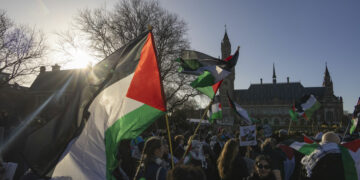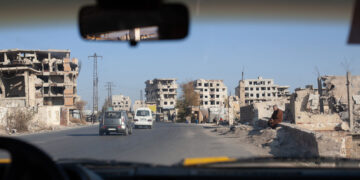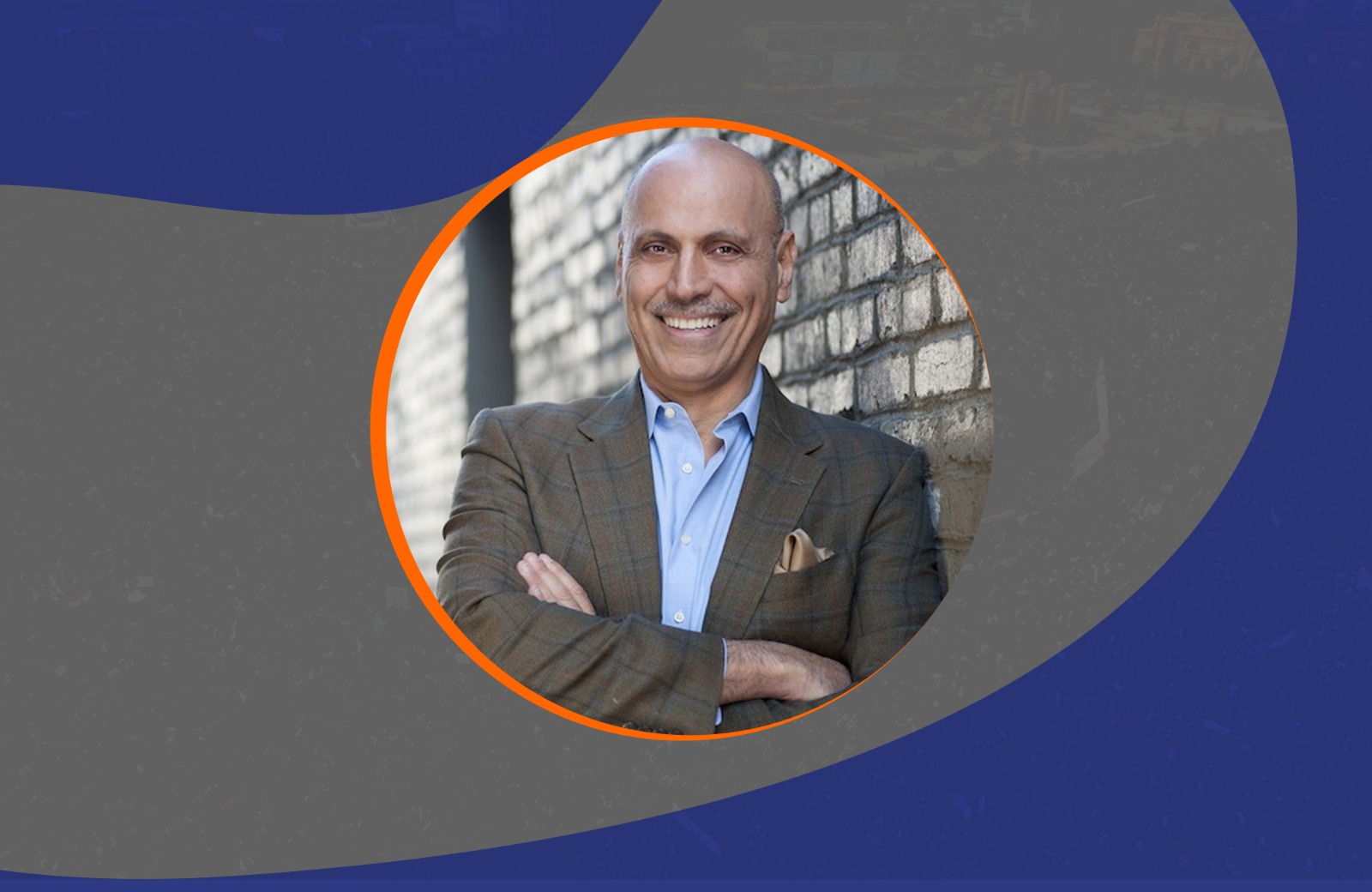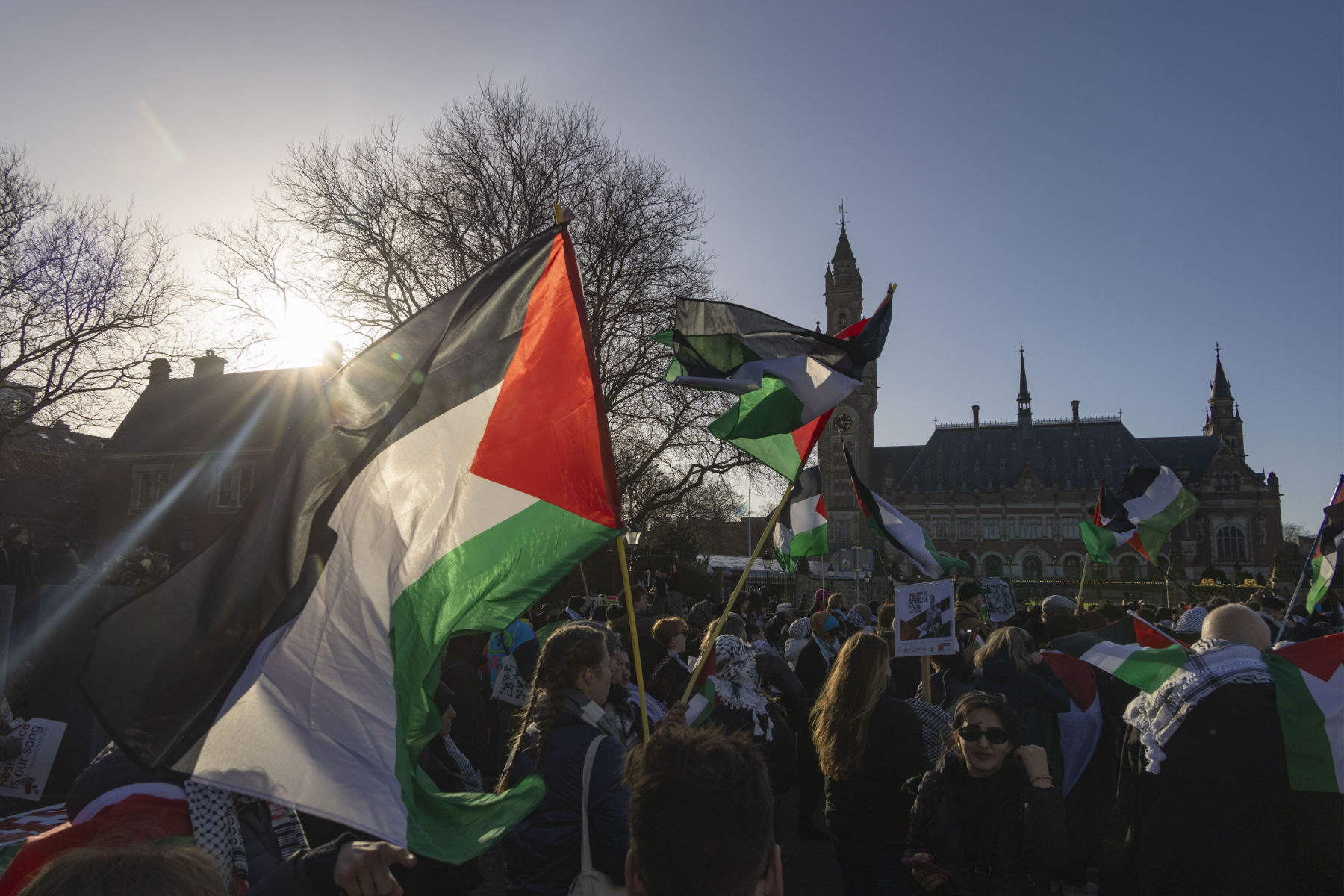Syrian Journalist living the United States.
When reformer Jamal al-Din al-Afghani launched a campaign against Qajar Shah, Nasir al-Din Shah's concessions to English companies, granting them monopoly of tobacco crop in Persia and affording foreigners the country's major crops, Al-Afghani's life was in jeopardy in his country, having been degraded, humiliated, and beaten. He thus chose the path of exile.
Where did he go? He went to England, which he was accused of supporting the Shah's corruption. Al-Afghani's choice of England and the British government's acceptance to receive him angered Nasser al-Din Shah, who wrote a furious letter to Lord Salisbury, the British Foreign Secretary, saying: "We have expelled this man (al-Afghani) because he was working against the interests of England, so where did he seek refuge? He went to London and was given access to the elite salons to criticize the regime in Iran!"
This story dates back to the nineteenth century, but it seems very relevant: Corrupt regimes stifling every reformist voice, and exiles leaving their home country to find no other place than the West, which they accuse of supporting their corrupt rulers. In prior times, the East and the West were glued together like twins. That was then called colonialism or more euphemistic terms such as mandate, trusteeship or protectorate.
The two worlds were then detached, the East becoming the East and the West becoming the West. Yet, their destiny remained indissociable. Colonialism left in place democratic systems of government in the colonial countries, but these systems were very fragile. These were soon toppled by national regimes or military coups under the pretext of confronting the West. Later on, the battle between the fledgling tyrannical regimes and the reformers began. It was nonetheless an unfair battle that tipped the scales in favor of the regime, the opponents leaving their home countries for exile, at least those able to do so before disappearing in prisons.
Arab exiles depicted their exile not as a defeat but, in a poetic way, as a prelude to an upcoming victory. Islamist exiles say that the Prophet Muhammad himself was a pioneer exile, after he had suffered persecution in Mecca. Yet, he returned triumphant from his exile. Communists have their icon too. The exiled revolutionary leader Vladimir Lenin returned on a train chartered by German intelligence to Moscow to lead the Bolshevik revolution in Russia.
In more recent times, Ayatollah Khomeini, the future Supreme Leader of Iran, was also in exile before returning aboard an Air France flight to lead a stormy revolution against all 'Satans' in the West. Arab exiles have turned into a bridge between two worlds, between which the relationship is getting more and more complex. Their image in their literature is depicted as living link to the West seeking to pass on the democratic experience to their home countries.
Yet, the story is not that simple. Some of these exiles had been calling for democracy to curry favor with the West so as to reach power. Once in power, they were worse than the dictators they succeeded. In the cities of southern Iraq, popular movement protests brandished pictures of the former dictator Saddam Hussein in response to the repression and corruption under the rule of former exiles Nuri al-Maliki, Haydar al-Abadi, Adel Abdul-Mahdi and Mustafa al-Kazimi.
The story is not complex only because of the exiles but also because of the West. This West admitted at a moment of truth that it had supported the worst dictators. Former U.S. Secretary of State Condoleezza Rice once said, "We have been supporting, for sixty years, dictators while speaking of freedom." Why was the story so complex in the West? Perhaps because part of Western policies considered democracy as a Western industry that was not suitable for the Arab or Islamic world. Besides, real policies are shaped by economic interests. After all, the West is not a charitable institution that hangs the picture of Mother Teresa on the entrance of its companies.
The third side of the triangle is the Arab dictators, who will seek to please the West day and night and will rely on it for ensuring the continuity of their rule against the interests of their people, while continuing to denounce the West as the place from which plots against their national regimes are orchestrated. While it may not be surprising that the regime of the mullahs in Tehran or the Baath regime act as such, it is more astonishing that pro-Western regimes, such as President Abdel Fattah al-Sisi's in Egypt, speak too of Western conspiracies against them, with the exiles who are soliciting the West's assistance holding the West responsible for supporting the regimes of their loathed rulers.
Allergy to democracy in the Arab world remains seasonal. Secularists will talk about democracy until Islamists come to power. Then there is nothing wrong with supporting a military coup; just as Islamists, in the eyes of their rivals, want democracy in order to come to power and then abolish democracy.
Whatever happens turns the story of Arab democracy into a story from One Thousand- and One-Nights book, nothing changes and everyday ends in the same way and this repeats continuously. Will democracy "run away" from Arabs? or are they the ones who run away from it? Will they lose another century without solving the dilemma of governance and a reasonable way to get to power instead of the current one: prison or death?
The solution might be simple: Democracy for the Arab world NOW!


















